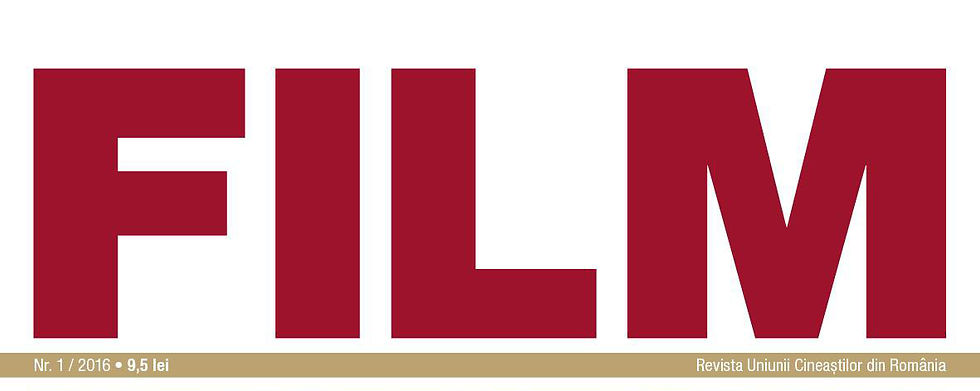What can Post-Structuralism tells about One flew over the cuckoo's nest?
- Lijia Zhang
- Apr 7, 2016
- 2 min read


Director Milos Forman takes American cultural context at this time as at an age of disillusionment in regards to the social system. Therefore, by taking a sceptical attitude towards science and technology, he critiqued social prejudices on mental patients. At this time, patients were exiled by the majority of institutions while suffering from various abuses in mental hospital. Post-structuralism and egalitarian are the main schemes of discussion of Milos Forman in terms of human rights within his movie One Flew over the Cuckoo's Nest. For post-structuralism, reason and logic are merely conceptual constructs and are therefore valid only within the established intellectual traditions in which they are used. They claims that reality, knowledge, and value are relative to discourse. The prevailing discourse in any society reflects the interests and values, broadly speaking, of dominant or elite groups.

The questions behind the movie raised by Milos Forman are, “Does science have the means available to make distinction among the sick and the normal? Is the idea of scientific accuracy and rationality overriding any other facts?" In this movie, by contrasting McMurphy's previous behaviours bursting with vitality and playfulness, and the vacancy of his expression filling with stupor and woefulness resulting form the lobotomy operation, the thespian ending of McMurphy might invoke an empathic understanding in the Audience.

One flew over the Cuckoo’s Nest is based on the true social context. In those days, this now extremely inhumane operation causing irrevocable cerebral injury would have been held tolerable and prevailing in neurosurgical procedure for more than two decades. The originator of the procedure Antonio Egas Moniz was even awarded the Noble Prize for Physiology or Medicine of 1949.

"Does science have the authoritative power to make confinement?” Like Michel Foucault expressed, knowledge in a given era is always influenced, in complex and subtle ways, by considerations of power. Psychiatric hospitals are defined as a place of diagnosing, studying, and confining psychopaths. In gathering the lunatics together, the establishment of hospital is created because insanity isolates the abnormal from society. This point can be seen in the movie when a couple of patients come into the hospital voluntarily. While the majority average type people empower science privilege over the other minority groups of type. It also implants dangerous prejudices in the minority's minds that they are abnormal, hence they deserve to be confines science does not have the means available to make absolute distinction among the sick and the normal, confinement can be regarded as a punishment to the lunatic by the sane. When a person encounters a particular group of individuals whose unusual cognitions towards social moral standard and rules are deviated from the normal they would feel fear towards these individuals. This fear originates come from the potential threat from those individuals’ behaviours that are unpredictable and irregular.

















Comments